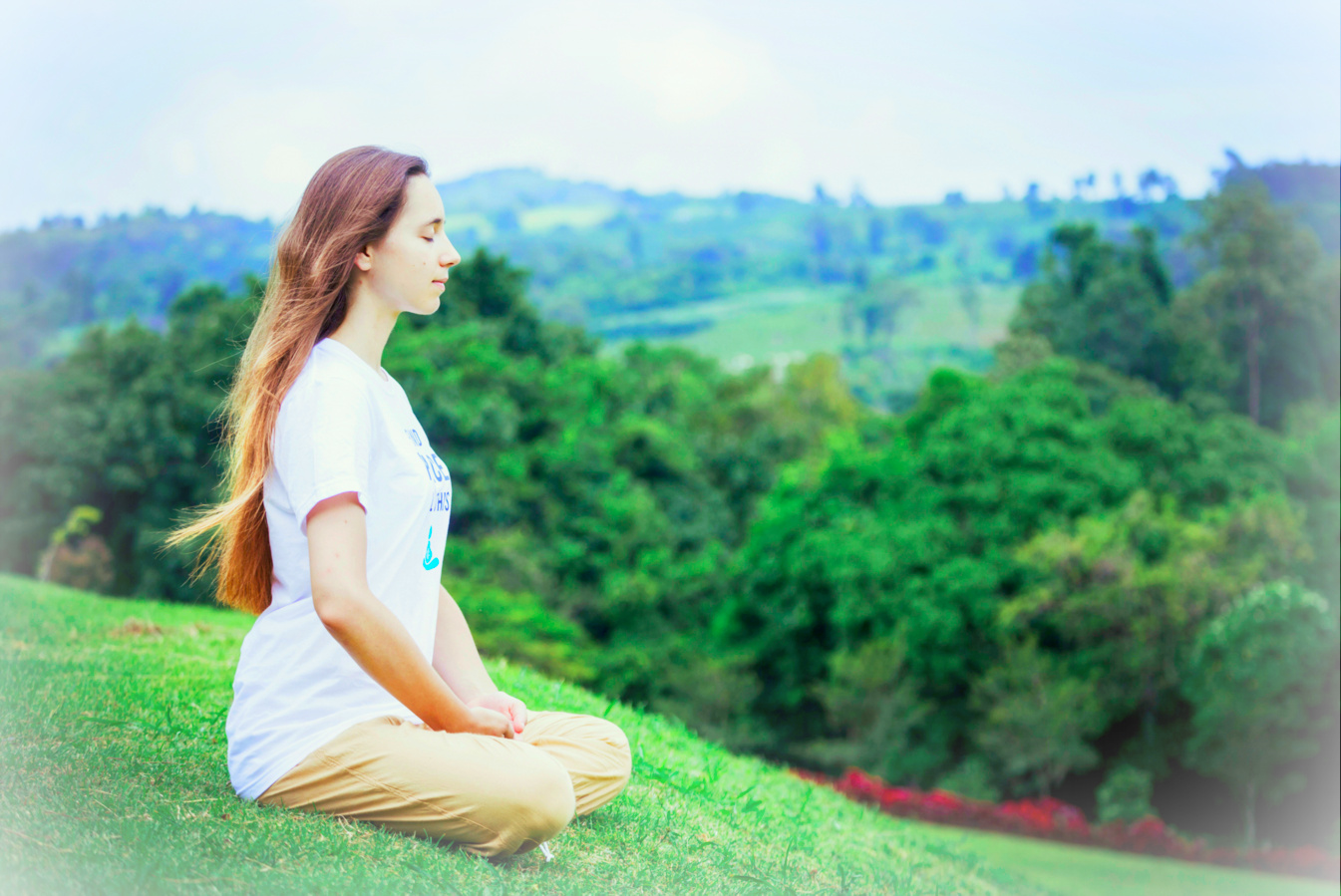To be able to love is to be able to live a fulfilled life. This capacity is inside every single human being. Rejecting it is like throwing our most precious jewel to the floor and living below our maximum potential of development. Why then do we still don’t want to love certain things? Two possible answers come spontaneously to my mind. One is because we don’t see the reality as it is, and the other one, because we have a misconception about what love is.
- The importance of cleaning the mind
Think about a certain person or event in your life that is causing you suffering, or something that makes you feel angry, or a characteristic of yourself that you reject. And then ask yourself: what criteria are you using to judge this situation? Probably, these will be based in your opinions about what is right and what is wrong, what should be and what should not be, what is fair and what is unfair, what would be better to happen (according to your own criterion of what “better” is). In short, we are not looking at the reality as it is, but looking at our preconceived opinions and ideals we place on it.
By narrowing the way we see the reality, we also obstruct our capacity to be permeable to love what is around us. It cannot help trying to love something if we don’t want to be rid of the opinions or prejudices we hold about such thing, because love cannot be created or destroyed, but only received through a careful attention.
Therefore, the most useful attitude to love is to empty yourself of the content or the words that come to our mind when we think of that reality that we don’t like, and open ourselves to perceive the world as it is, allowing to be penetrated by the object perceived until its essence, which is love, comes up spontaneously into the foreground of our perception.
2. Should we redefine our concept of love?
We can also have a misleading conception about what love is which may prevent us to love certain things. We often relate love only with positive feelings or an emotional state. Holding such conception about love, immediately limits the range of things we can love. From this standpoint, it will be impossible to love what we do not like or what makes us suffer.
We need to remind ourselves that love is an attitude rather than a state of the soul. Such an inclination includes not only being willing to see things as they are, but also to become sensitive to them by not denying the entrance to the feelings resulting from such contact. To look at something with our entire being, it also means to expose our entire being to such reality, letting it affect us but without the purest part or our being become stained, as in this purity is where the core of our capacity to love lies.
When we don’t lose contact with the purest part of our being, we can love anything even if such thing is killing us. When we are looking at an object or a person from this purest part that exists in us, we won’t wonder whether such person or object is doing something useful or beneficial for us, or whether some situation is just or unjust, we won’t get angry for whatever happens, but we will shed light on what we see, eventually finding love wherever we look at.
For example, we will be able to stay connected with a person through a deep bond that transcends the damage that they may be inflicting into us, or we will see that what causes an unpleasant event is part of the very weaving of the world which is granting our existence.
Once you know what Love really is by having made contact with it at least once, even if it has only ran your being through ephemerally but unequivocally, you will realize then that “no price is too high, no sacrifice too great, not even the loss of one’s eyes, nor the amputations of one’s hand, if you can have in exchange the only thing in the world that makes your life worthwhile” (Anthony de Mello).
3. In the End
Loving what we don’t like may seem difficult; it may even seem an aberration or a nonsense. However, it does not consist in forcing oneself to fall into a contradiction, but in freeing oneself from the contradiction of ruling out possibilities to find the Good that one is really seeking.
If you want to start a journey of personal transformation to clean the mind and inquire more deeply about love and other relevant issues in your life, join our personal development program.
For more information about how to develop solid and loving relationships, you can also look at this post.







